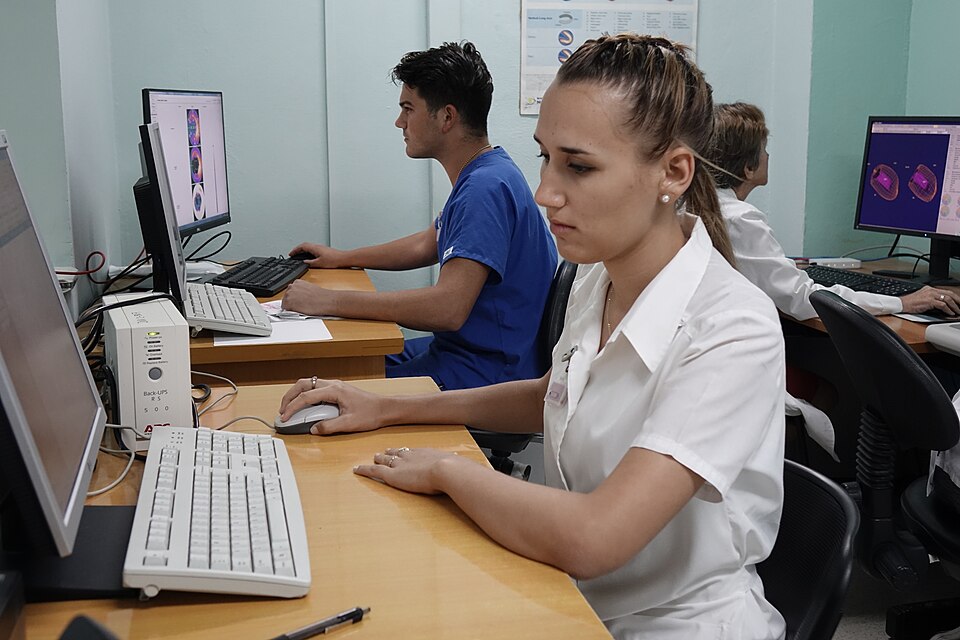Caffeine's Role in Cellular Aging: New Insights from Research

Recent research conducted by scientists at Queen Mary University of London (QMUL) and the Francis Crick Institute has unveiled new insights into the cellular mechanisms through which caffeine may contribute to healthy aging. The study, published in the journal Microbial Cell on June 27, 2025, suggests that caffeine could operate as a biological switch that affects cellular longevity and resilience against damage.
Caffeine is widely recognized for its ability to enhance alertness; however, its potential health benefits extend beyond immediate stimulation. The researchers utilized fission yeast as a model organism to mimic human cellular processes, investigating how varying doses of caffeine impacted cell lifespan and their capacity to withstand damage. According to Dr. John-Patrick Alao, a biochemist at QMUL and co-author of the study, “These findings help explain why caffeine might be beneficial for health and longevity.” This research opens up exciting possibilities for future interventions aimed at promoting health through diet, lifestyle, or pharmacological means.
In their experiments, the scientists explored the role of a biological pathway known as AMPK (AMP-activated protein kinase), which serves as a cellular energy sensor. Previous studies have indicated that caffeine influences a biological switch called TOR (target of rapamycin), which regulates cell growth based on energy availability. However, the new findings clarify that caffeine does not interact directly with TOR; instead, it modulates TOR through the AMPK pathway. Dr. Charalampos Rallis, a geneticist and biologist also from QMUL, explained, “When your cells are low on energy, AMPK kicks in to help them cope, and our results show that caffeine helps flip that switch.”
The research team discovered that caffeine impacts cell growth, DNA repair, and stress response by regulating the AMPK pathway. These mechanisms collectively contribute to the maintenance of healthier cells over time. The interruption of the genetic chain reaction triggered by caffeine resulted in diminished health benefits, confirming the compound's role in cellular health. The implications of this research extend to potential therapeutic applications; for instance, the diabetes medication metformin operates through AMPK and may parallel the benefits offered by caffeine-based drugs.
It is important to note, however, that the current findings are based on yeast cells, which necessitates further investigation before any potential human applications can be realized. The research team is eager to gain a deeper understanding of how caffeine interacts with AMPK and TOR, as this knowledge could pave the way for new health strategies.
As the body of evidence supporting caffeine’s positive effects on health continues to grow, it is increasingly recognized for its potential role in reducing risks associated with obesity, cardiovascular diseases, and cognitive decline. The researchers assert that “direct pharmacological targeting of AMPK may serve towards healthspan and lifespan benefits beyond yeasts, given the highly conserved nature of this key regulatory cellular energy sensor.”
This research contributes to a broader understanding of how dietary compounds can influence aging and cellular health, potentially leading to innovative approaches to enhance longevity and well-being in the future.
Advertisement
Tags
Advertisement





